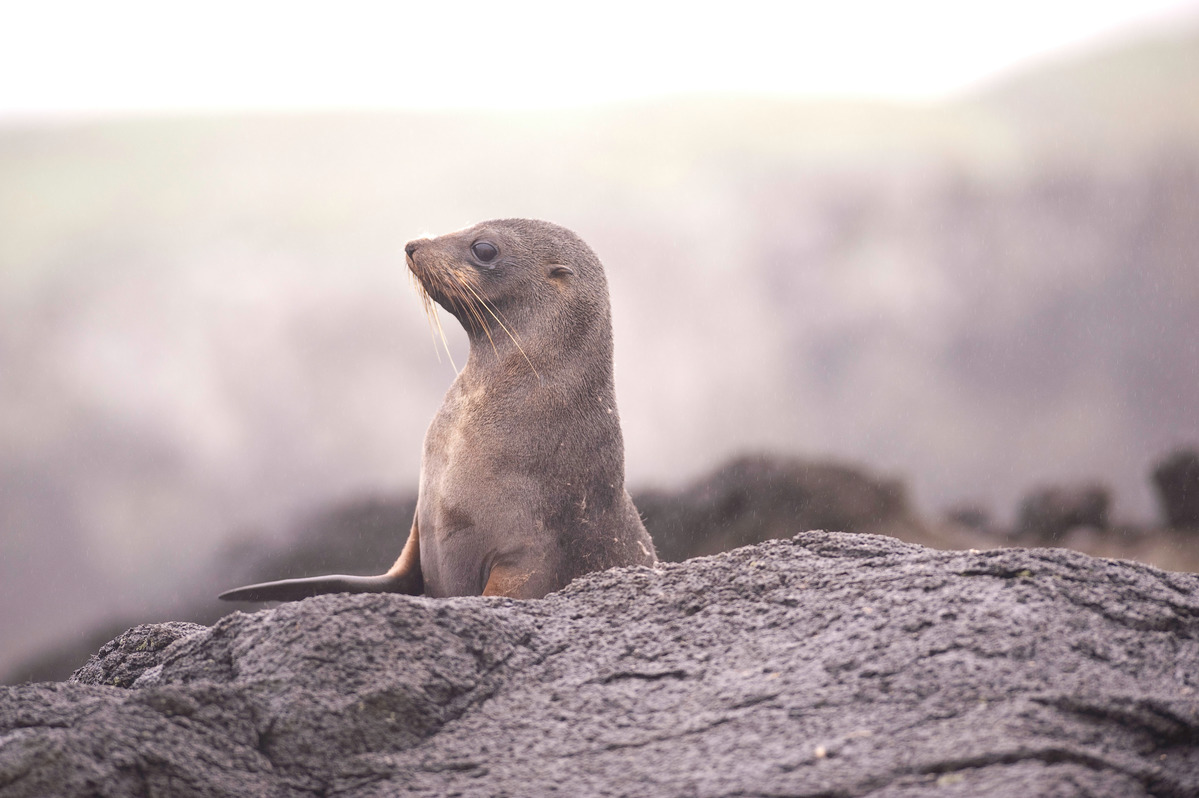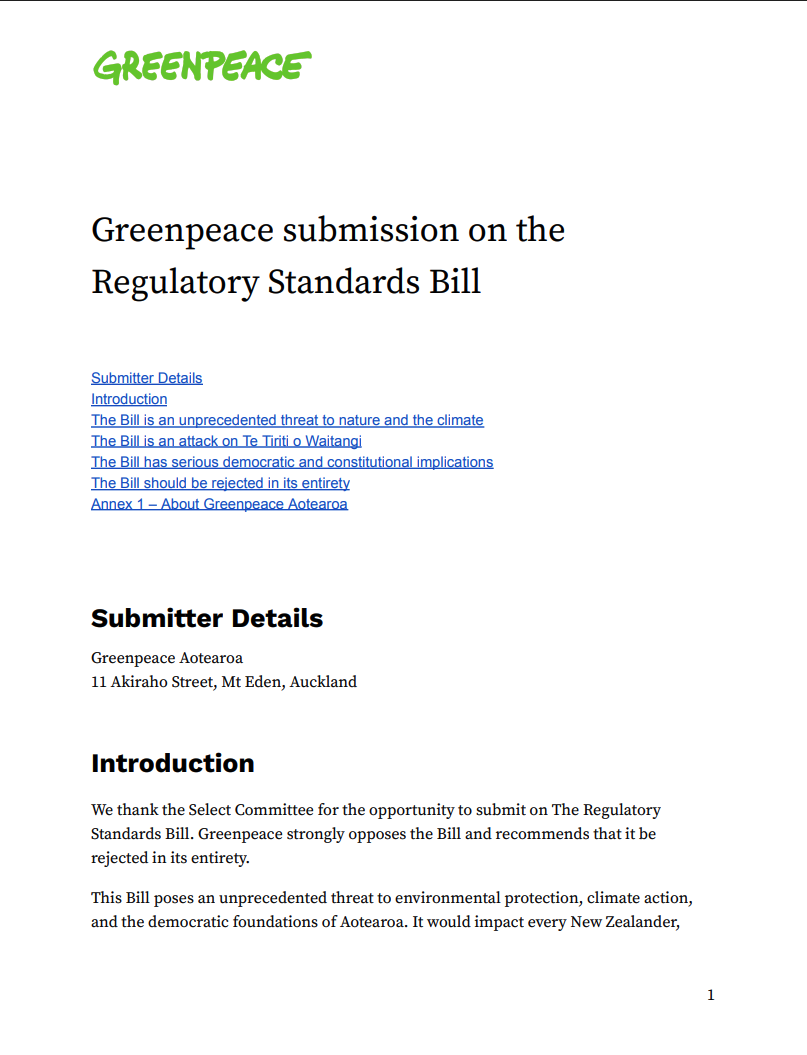In the face of escalating violence upon peaceful protestors on Waiheke, Greenpeace, which supports the Protect Pūtiki campaign, is calling on the New Zealand Police to “ensure the safety of the peaceful protectors of Pūtiki Bay from further violence at the hands of private contractors working for Kennedy Point BoatHarbour Ltd.”
“The first duty of police is to protect the safety of all people, and protect them from violence. These people have a right to peaceful protest under the Bill of Rights. The police are failing in their duty to keep the peace by standing aside and allowing contractors to assault peaceful protesters,” says Greenpeace Aotearoa Programme Director, Niamh O’Flynn.
“Non-violent peaceful civil disobedience is a cornerstone of our democracy in Aotearoa. Much of what we now take for granted, such as New Zealand’s part in opposing Apartheid in South Africa, our nuclear-free status, and the ban on new oil and gas exploration in New Zealand waters, was won through civil disobedience. It is essential that we protect the freedom for people to continue to confront injustice without fear of violence.”
“While the police have stated that they are “investigating” previous incidents, and are “talking to both sides” they have failed to intervene to prevent further and escalating violence and that’s not good enough. It is unfair on all parties to allow this to happen,” says O’Flynn.
Greenpeace is hosting a petition for Protect Pūtiki to Auckland Mayor Phil Goff and other politicians calling on them to honour their obligation to uphold Te Tiriti and stop all works at the site. The petition has quickly gained over 2,000 signatures since its launch on Sunday.
The protesters have been working to protect the culturally significant Pūtiki Bay (Kennedy Point, Waiheke), from developers working to build a 186 berth marina and floating car park, saying that “Pūtiki is a taonga, a cultural repository, a wāhi tapu, a bay lined with pā sites on headlands, 500+ year old pohutukawa trees, a traditional kai moana gathering space. It is a landing site of Te Arawa and Tainui waka, therefore the ancestral waters of every Māori who whakapapa back to these waka.”



